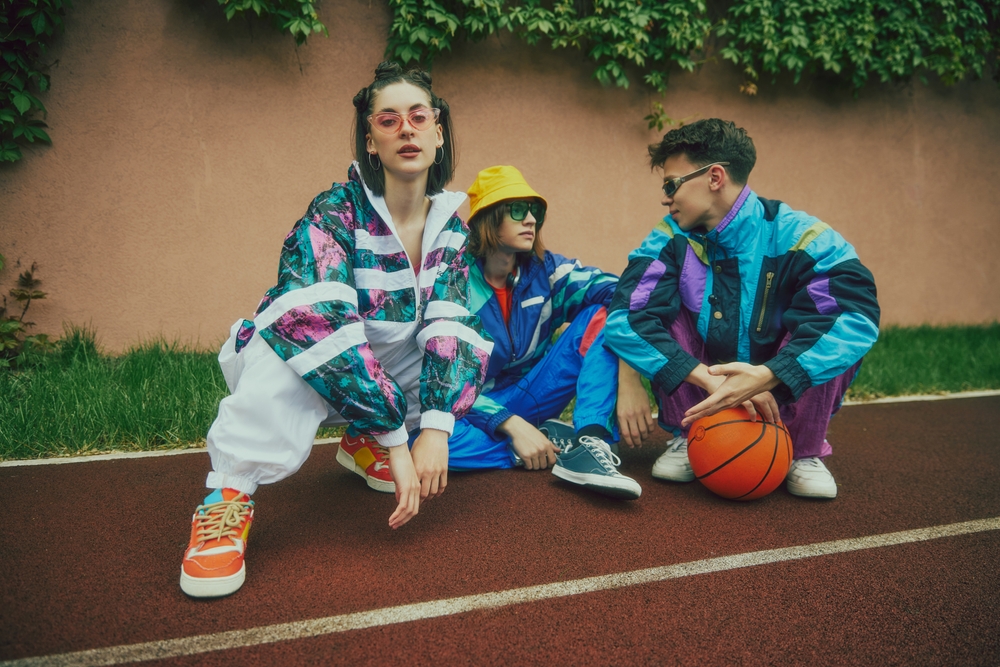Shopping malls were once the heart of teenage culture in the United States. Long before smartphones took over, teens spent their weekends walking store to store, spending allowance money, and picking outfits that defined who they were. Certain mall brands became more than retailers, they became status symbols, identity markers, and must-haves for anyone wanti ng to keep up with youth trends. These twelve brands, in particular, ruled the scene. They each had their moment in the spotlight, shaping fashion and pop culture for millions of young Americans.
Abercrombie & Fitch
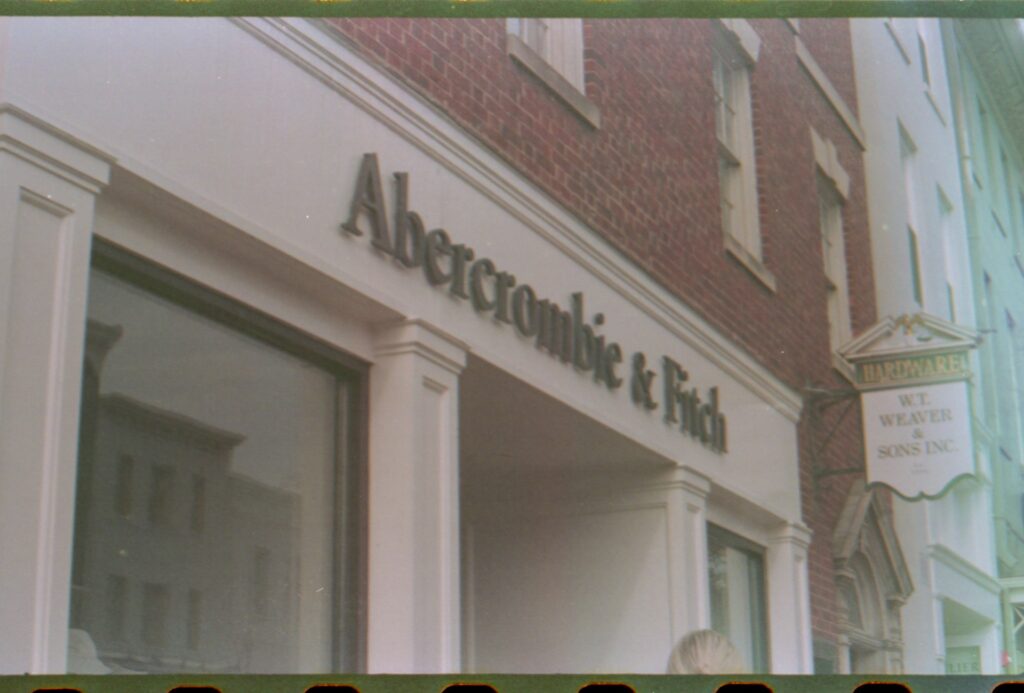
Abercrombie & Fitch dominated the late 90s and early 2000s with its dimly lit stores, heavy cologne, and impossibly attractive models. Teens flocked to A&F for its preppy vibe and aspirational image. The brand’s moose logo was instantly recognizable and owning one of their polos or hoodies was like wearing a badge of coolness. The marketing focused on exclusivity, and it worked. Teens saved up just to afford a T-shirt from the brand. Over the years, it faced criticism and a major image overhaul, but at its peak, Abercrombie was the ultimate teen destination.
Hollister
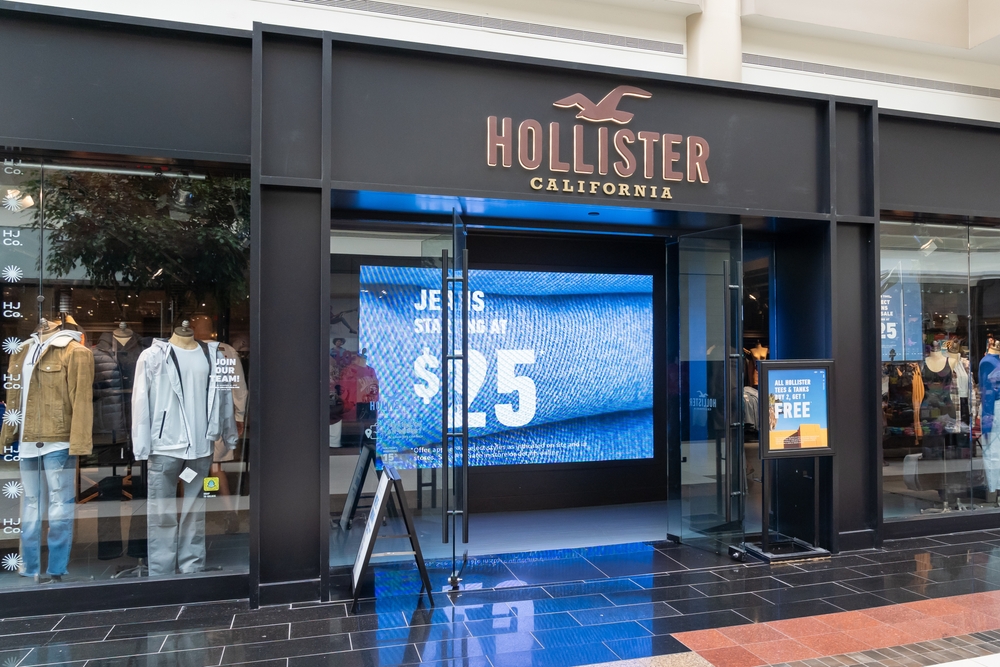
If Abercrombie was the older sibling, Hollister was the sun-kissed California cousin. Launched by Abercrombie & Fitch in 2000, Hollister embraced surf culture, palm trees, and beachy tones. Stores smelled like coconut and played loud music that made teens feel like they had just stepped onto the Santa Monica Pier. Its laid-back clothing included distressed jeans, logo tees, and flip-flops. Hollister was perfect for teens who wanted something more casual than Abercrombie but still trendy. Its dimly lit stores and signature scent became part of the experience.
American Eagle Outfitters
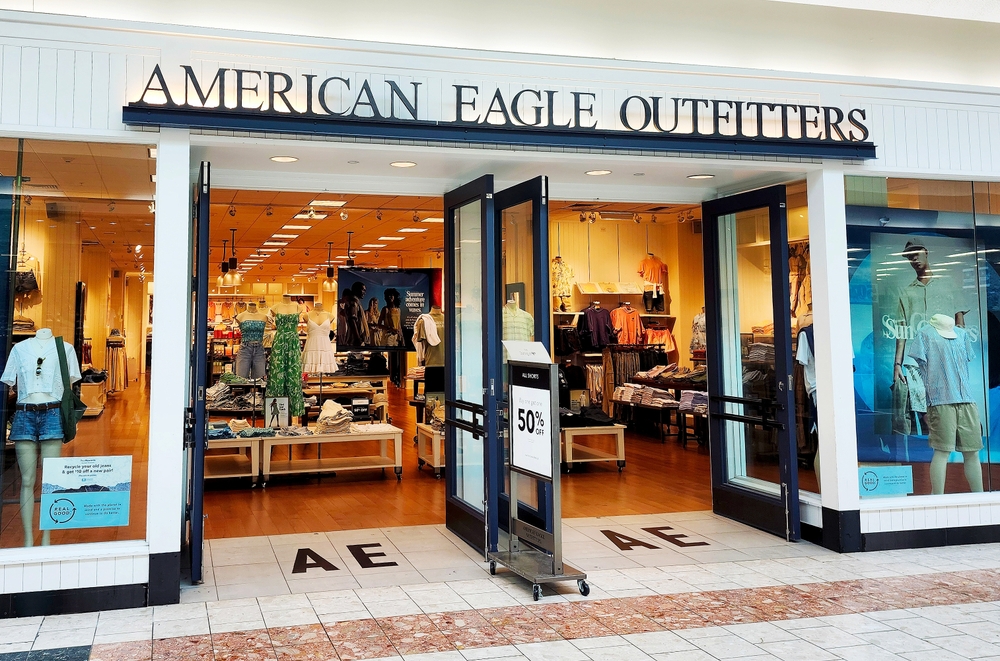
American Eagle found the sweet spot between prep and comfort. It became known for soft hoodies, low-rise jeans, and plenty of plaid. AE’s jeans in particular were a hit, often beating out more expensive brands for their fit and comfort. The brand was friendly, affordable, and less exclusive than some of its rivals. Teens loved its welcoming feel, and many stuck with AE even after graduating high school. Over time, it adapted with trends but never lost its core appeal of approachable style.
Aeropostale
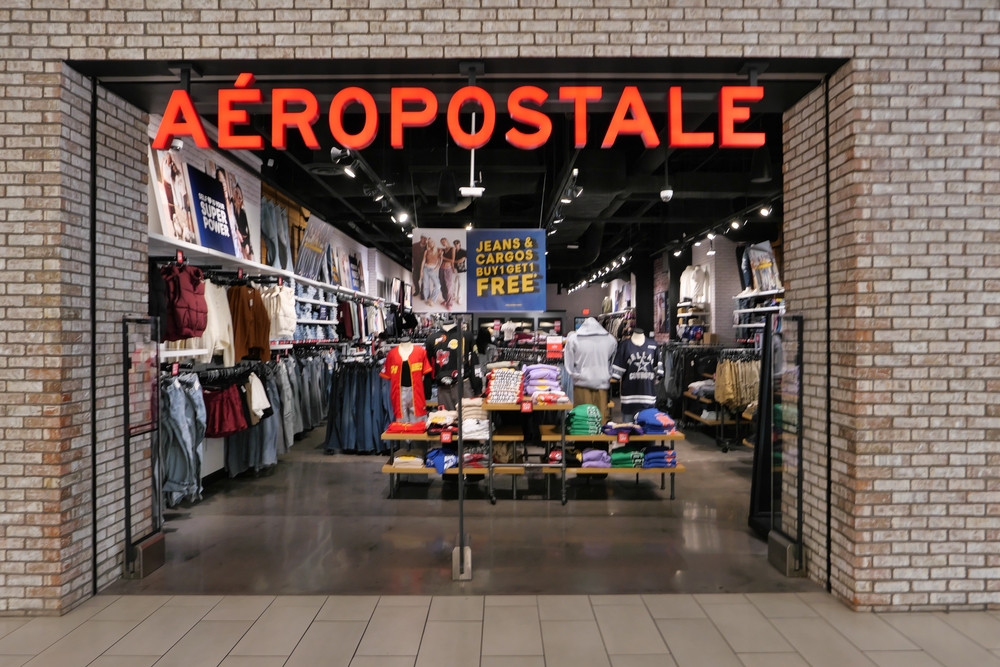
Aeropostale was the go-to brand for budget-friendly basics with bold logos. Its sweatpants, hoodies, and graphic tees were everywhere during the early 2000s. The brand offered a more affordable alternative to Abercrombie and Hollister, but with just as much teen appeal. Walking through any American mall, it was hard to miss a teen with an Aero hoodie tied around their waist. While its popularity eventually declined, Aeropostale had a solid run as a middle school and early high school favorite.
Hot Topic
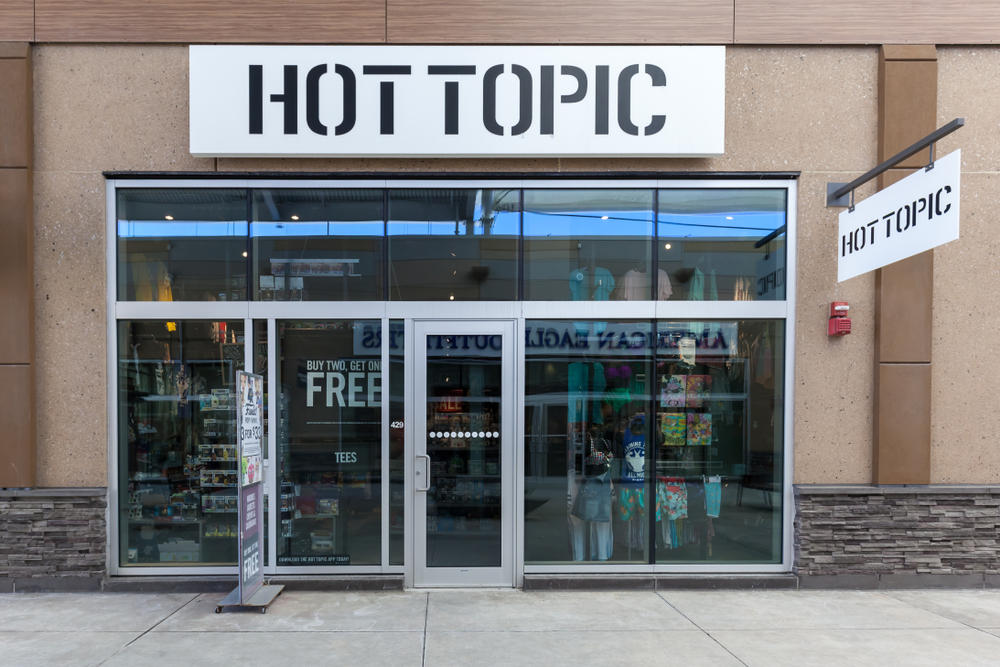
Hot Topic stood out by embracing the music and counterculture crowd. Where other stores pushed preppy or sporty looks, Hot Topic welcomed band tees, chains, fishnets, and all things edgy. It became the unofficial retailer for punk, goth, and emo teens. Teens who felt out of place at other stores found comfort here. Whether you were into anime, rock bands, or horror films, Hot Topic stocked it all. It gave voice to a niche group and held strong appeal throughout the early 2000s.
Wet Seal
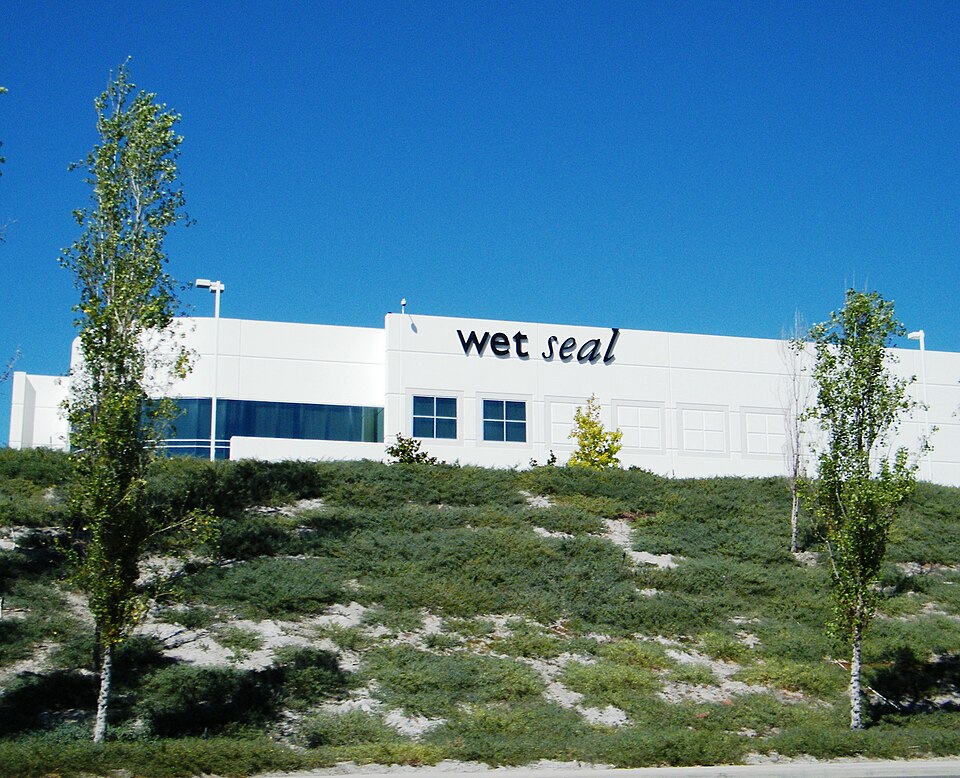
Wet Seal offered fast fashion long before the term became popular. With racks of trendy items priced for teen budgets, it was ideal for girls looking to update their wardrobes frequently. Crop tops, leggings, and peplum tops were some of its signature looks. Wet Seal was popular for its party clothes and statement jewelry. It was one of the first places teens looked when preparing for school dances or weekend hangouts. Eventually, the rise of online shopping took its toll, but its legacy remains in teen mall history.
PacSun
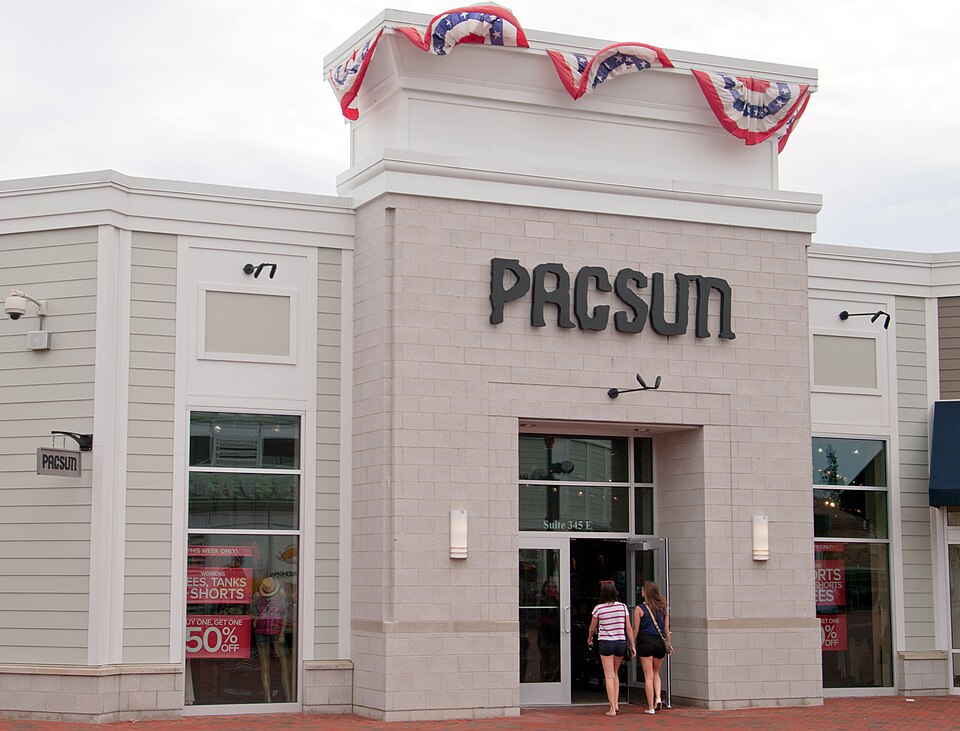
Pacific Sunwear, better known as PacSun, brought the West Coast skate and surf look to malls nationwide. With brands like Vans, Billabong, and Volcom on its shelves, PacSun catered to the teen who wanted to look like they belonged at a skatepark or beach bonfire. Even teens far from the coast loved it. The store offered a mix of laid-back and edgy fashion, perfect for high schoolers who wanted a more rebellious style. Its blend of comfort and attitude made it a staple in teen closets for years.
Delia’s
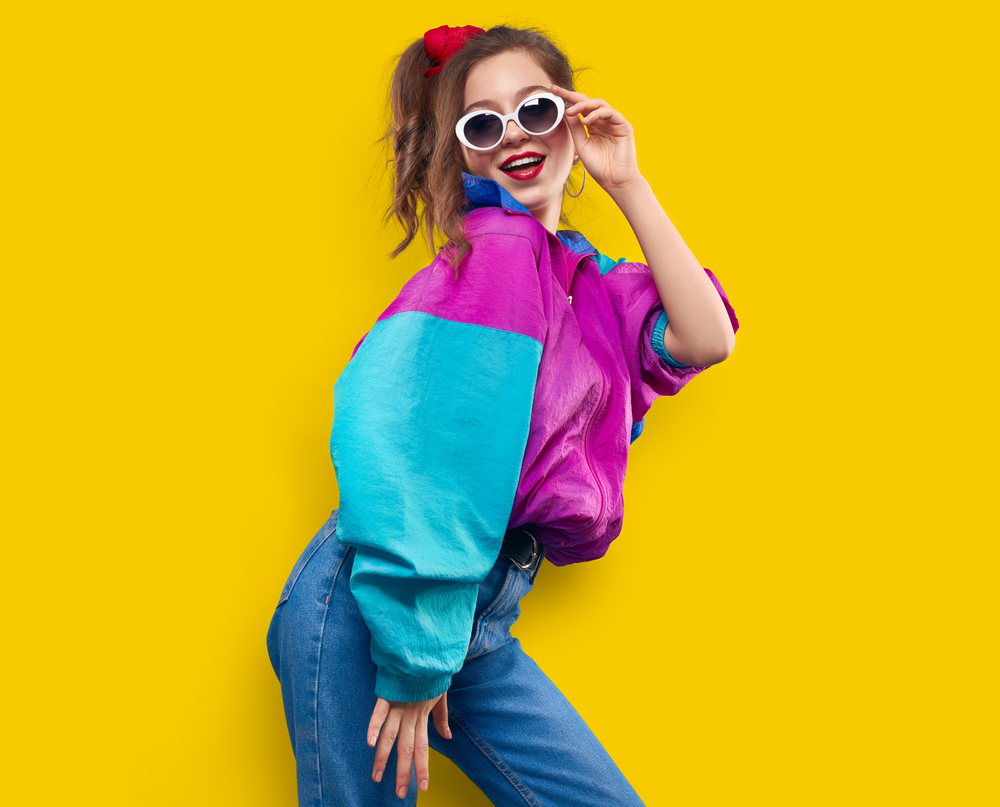
Delia’s, often stylized as dELiA*s, was every 90s girl’s dream brand. Known for its quirky catalogs and playful designs, Delia’s sold everything from butterfly clips to platform sneakers. The brand embraced colorful prints, baby tees, and flared jeans. Shopping at Delia’s was like stepping into a teen magazine. It stood out for its emphasis on individuality and fun. While the physical stores eventually closed, its influence on 90s teen fashion is still remembered fondly by those who grew up during its heyday.
Limited Too
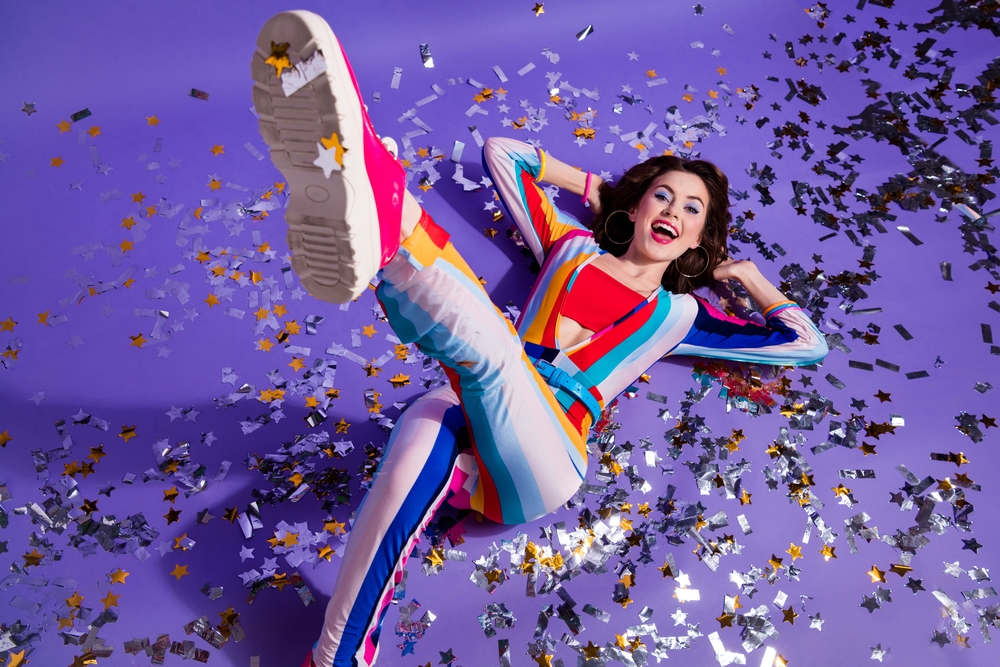
Before teens shopped at Abercrombie, they graduated from Limited Too. This brand was made for tween girls who wanted glitter, sparkles, and everything bright. From unicorn pajamas to shiny lip gloss, Limited Too created a shopping experience that felt magical. It was the place to go for birthday outfits, back-to-school clothes, and friendship bracelets. While it evolved into Justice later on, Limited Too’s early years cemented its spot as a beloved stop for pre-teen shoppers who dreamed of growing up.
Spencer’s
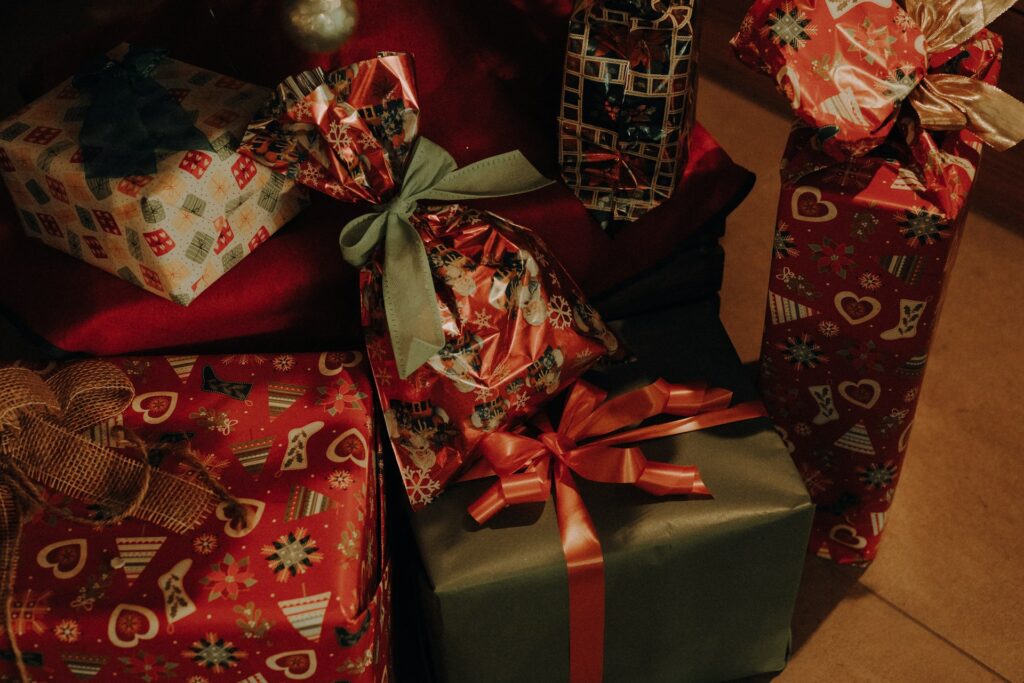
Spencer’s Gifts was part novelty store, part edgy fashion retailer. Teens wandered in to giggle at gag gifts but often left with a new graphic tee or band hoodie. Spencer’s catered to alternative and rebellious teens with its mix of punk accessories, dark humor, and mature merchandise. It was one of the few places that sold edgy clothes without caring about mainstream appeal. Despite its chaotic shelves, it offered a space for teens to explore identity and self-expression in a way other brands did not.
Charlotte Russe
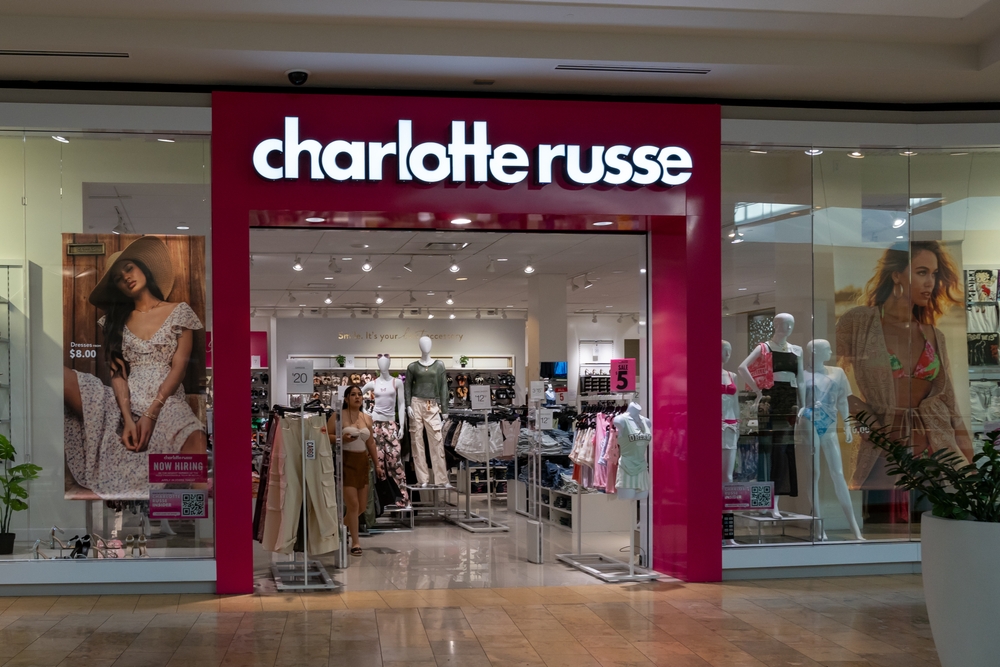
Charlotte Russe was a favorite for teenage girls looking to blend trendy with feminine. Known for bodycon dresses, lacy tops, and fashion-forward pieces, it felt like a mature step up from Wet Seal. The store was often a one-stop shop for dresses, heels, and accessories. It was especially popular during prom and homecoming season. Teens loved its affordable pricing and ever-changing inventory. Though the chain faced closures in recent years, its influence during the 2000s was undeniable.
Claire’s
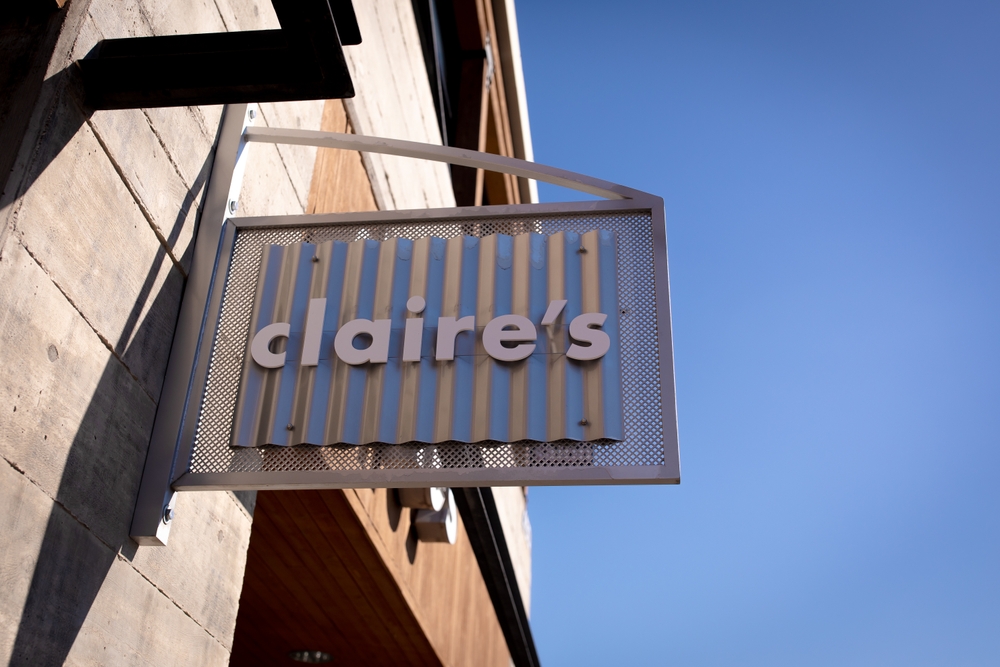
Though Claire’s focused on accessories rather than clothes, it still held a central role in teen fashion. No mall trip was complete without a stop at Claire’s for earrings, scrunchies, and glittery phone cases. It was the first place many teens got their ears pierced, making it a rite of passage. Claire’s understood its audience and delivered sparkle, color, and endless hair accessories. It was affordable, fun, and always full of things no teen technically needed but always wanted to have.
A Flashback to a Mall-Era That Defined a Generation
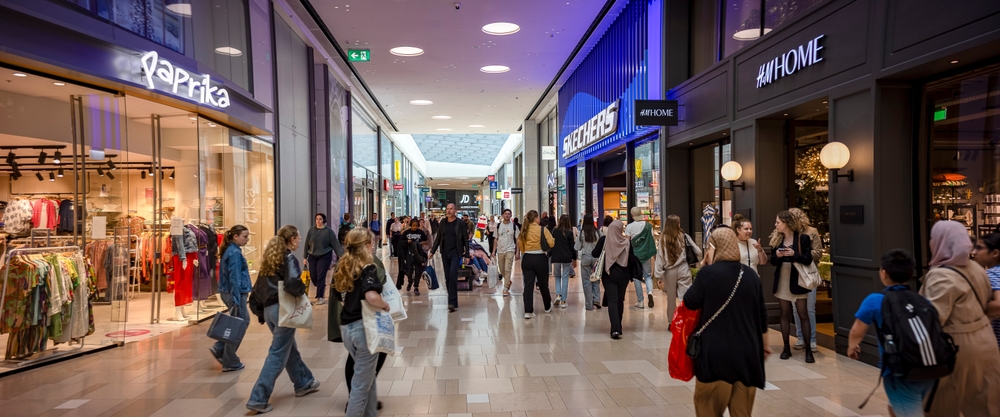
These brands were more than stores, they were woven into the culture of growing up. For many teens, malls were social hubs, and these brands played a huge role in defining friendships, identities, and moments that shaped adolescence. Whether you wore preppy polos, band tees, or platform sandals, your fashion choices were shaped by what these stores had to offer. While the mall may no longer hold the same power it once did, the nostalgia for these brands remains strong. They captured a time when shopping was social, clothes felt like identity, and Friday nights were spent under fluorescent lights.Tools
Read More: 18 Best Pantry Staples for Your Aldi Shopping List
Disclaimer: This article was created with AI assistance and edited by a human for accuracy and clarity.
